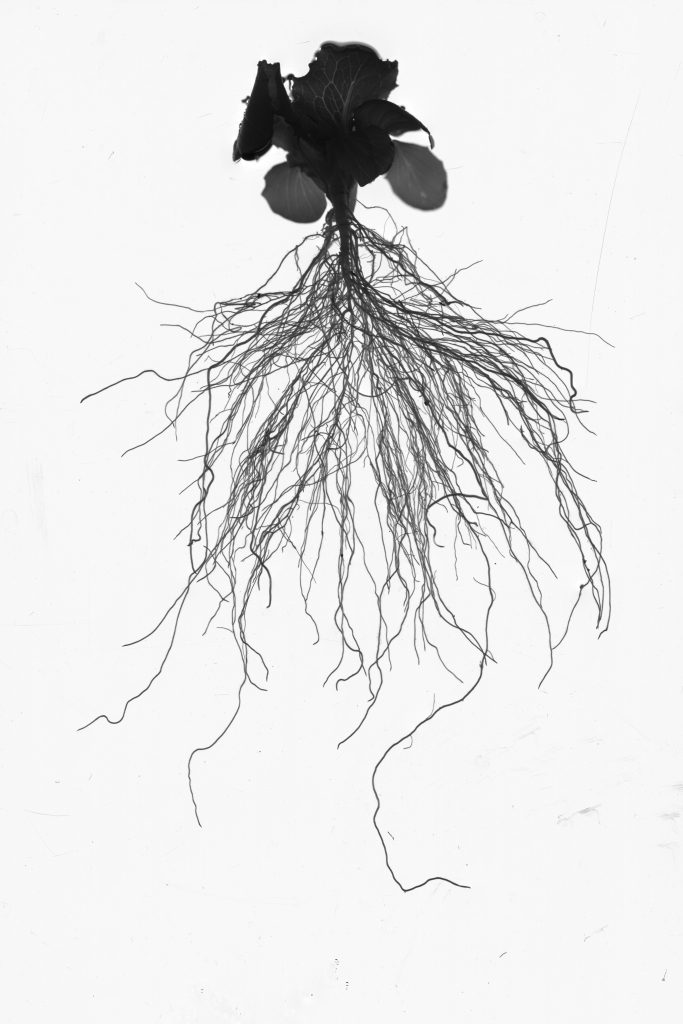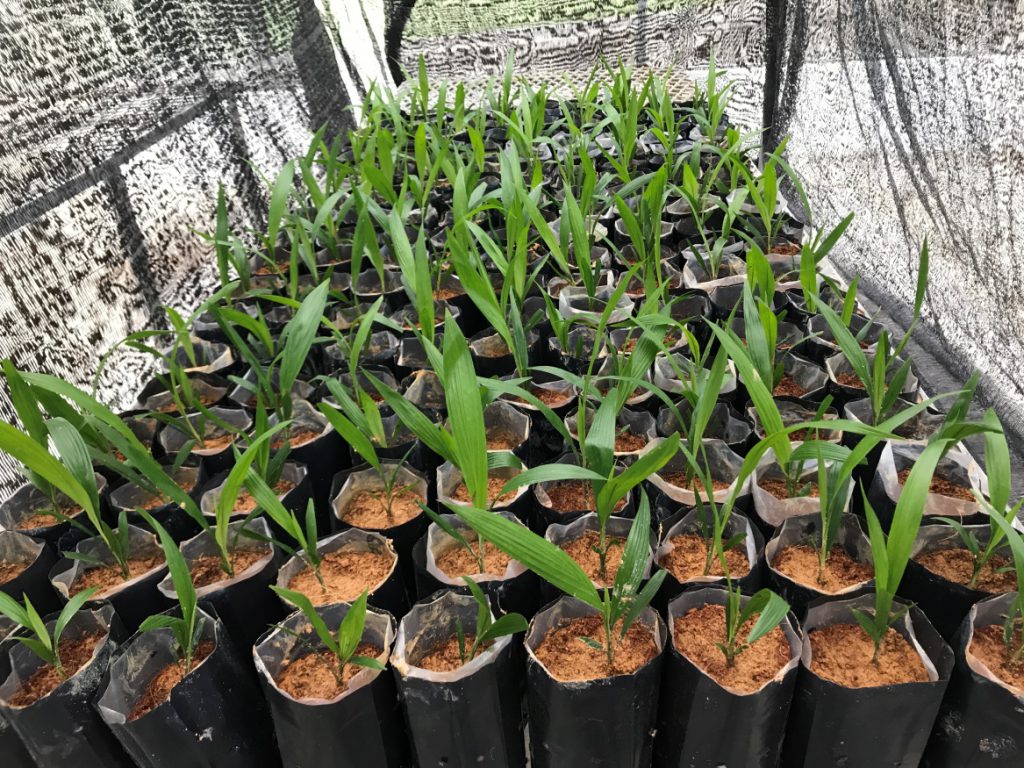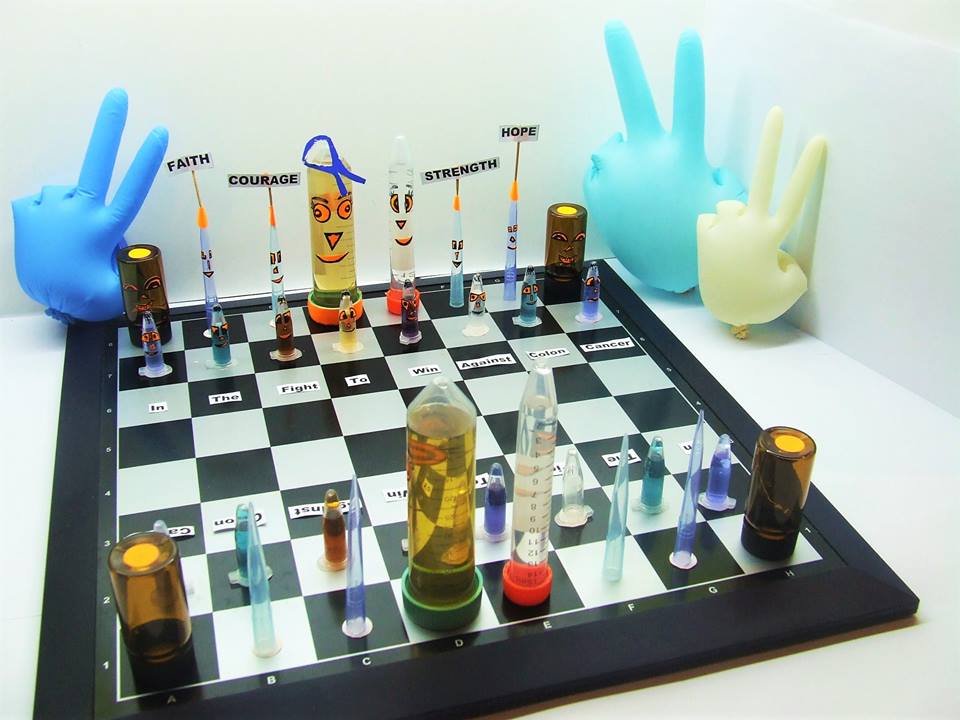
November 14, 2018, by Lisa Chin
Photograph that tells your postgraduate experience
A photograph can speak a thousand words
Have you ever seen a photo that completely puts things into perspective and greatly impacts you? Yes, photos are powerful and sometimes, they don’t just speak words, they tell the entire story. I’m sure you are well aware of the power photos have over the human mind and how proper use of them can convey complex ideas and expressions.
“Our brains are hardwired to love images. Since early 2007, the internet has seen a 9900% increase in the use of visualised information. As technology and internet speed advances, businesses, startups and giant corporations are becoming more and more visual. Why? Because we are visual creatures,“- Why People Love Great Visuals, Based on Science
When the photography competition first started back in 2014, it challenged the postgraduate research students to creatively present their research through photos. It challenged them to capture the imagination of others and further enthuse them about their research work. And so, they did and their photos showcased the diversity and breadth of research undertaken at the University. The competition was later opened to both postgraduate taught (PGT) and research (PGR) students. With the new inclusion, the scope of the competition was broadened to cover all aspects of postgraduate experience and not just limited to research.
Since then, the competition has been held annually with continuous changes to its theme and rheme so that it stays relevant. This year, the theme is motivation. So if you are a postgraduate student with a flair for photography, we’d like to know what does motivation mean to you? What keeps you going, what makes you stay excited or passionate about your studies, or maybe, what stops you from giving up?
A look back at some of the past winners
(P.S. I hope you’ll get inspired to join the competition this year!)
“People often relate abstract concepts to simple things in daily life, to their own conscious experiences. So to make a picture relatable and meaningful, you will need to start simple and be relevant to your audience. Creativity often comes when you least expect it. Open yourself to new possibilities, experiment with them and perhaps your eureka moment is just one thought away,” – Chan Zi Yang, 2017 Winner
“I highly recommend all postgraduate students to participate in this exciting competition next year to discover your inner photographic capability and gain a great experience in your PhD life in UNMC. In order to have high chances of victory, you should remember to read the topic carefully and stick to it while you take the picture and capture your own moment, especially in selecting a unique and meaningful image as your final decision to submit,” – Nguyen Nhat Tan, 2017 People’s Choice Winner
“I chose a colourful theme where I portrayed how I enjoy being a researcher and how my research has impacted the world. I rearranged a few symbolic props with a good mixture of colours in the most attractive and interesting way as possible. When the photo was taken, I was consciously thinking – I want this photo to tell a story,” – Chow Wei Ling, 2015 People’s Choice & Winner
See our favourite photos from past years
Amirah’s picks

Lactuva sativa or commonly known as lettuce. This photo was taken using root scanner as a result of curiosity to explore the responses of complex root architectures of the various lettuces in different soil type. Who knows, the dark, hidden underground world is equally fascinating as the bright, colourful above ground universe. (Photo and caption by Muhammad Faiz Abdul Rahman, 2014 Images of Research Photography Competition – The Big Picture)
This image works well because the subject is clear and the caption matches the image appropriately. It is a simple black and white photo with one subject, but one can draw a lot of meanings with one of them being what the photographer describes. It reminds me so much of Theodore Roethke’s quote, ‘Deep in their roots, all flowers keep the light’.

My research mainly about growing these oil palm plants. They are the sources of most of my stress. But as cliché as this sounds, whenever I feel down, I looked at them and think; if they can survive all the (environmental) stress I’ve put them in, so can I. (Photo and caption by Nor Azira binti Ishak, 2017 Images of Research Photography Competition – Resilience in Research)
At first glance, the image would have worked better if it had lesser subjects for the audience to focus on. The caption speaks for the image really well and it relates so well to theme of ‘Resilience’. I see the connection of this entry to Yasmin Mogahed’s quote on resilience, ‘Resilience means you experience, you feel, you fail, you hurt. You fall. But, you keep going’.
My pick

My project is about fabricating nanoparticles originating from natural resources to treat colon cancer as an alternative to chemical therapeutics that immensely affect patients’ quality of life. Portraying it in a chess-like game is to highlight on the common grounds I find between this game and my research work. As chess is considered a game that provides mental clarity required for solving problems, analyse consequences, and formulate future tactics, so as my research which requires careful consideration to come up with solutions that can terminate the suffering from colon cancer. In short, the front line (eight pawns) represents the results of different experiments carried on to characterize the nanoparticles, the biggest tube (the king) is the nanoparticle formulation under study and the rest of plastic-ware represent the different consumables used during my research. So far promising results are showing up, hoping that continues for a colon cancer-free life! (Photo and caption by Rayan Sabra, People’s Choice & Winner of 2016 Images of Postgraduate Experience Photography Competition – Through the Lens)
One look at the photo and I already kind of know what it is trying to tell. It gives a clear message that research requires every move to be carefully calculated and thought of, just like chess! I can see that much effort was put in to create the rather cheerful setting of which for me, signifies passion and positivity.
I really like the comparison of research with chess in the caption. This makes me reflect on life, in general, and the two main realisations that I get from this entry are:
Flexibility
Chess is not a game of rigid. In every move we may need to change our game plan based on the opponent’s move. So flexibility in planning is crucial and I think same thing goes with research and life, in general. Things do not always go according to our plan, remaining flexible is an invaluable trait. I think the less rigid we are, the better we are able to handle situations thrown our way.
Sometimes it is alright to lose
There is no game in this world in which a player doesn’t lose. Chess is not an exception. It is alright to lose a game in chess but more important is what we learn from our mistakes. So I think chess, research and life, in general, are similar in this sense. Sometimes in life we lose in many ways but we should give more importance to analysing the mistakes and learn from them. We should remember that we never lose, “we either win or learn”.
So, what about you? If you’ve got a great shot that reveals something intriguing and motivating about your postgraduate experience, send it in as your entry!
Closing date: Friday 16 November 2018 (no later than 5pm)
-
Post a comment
